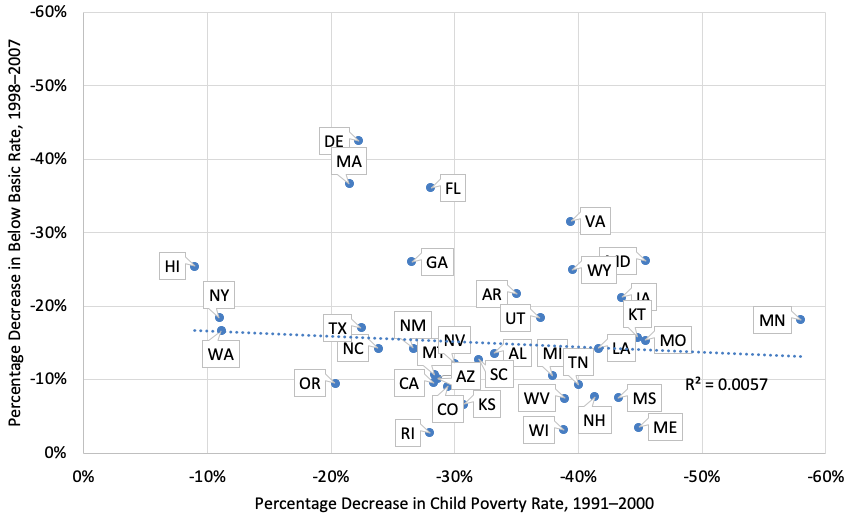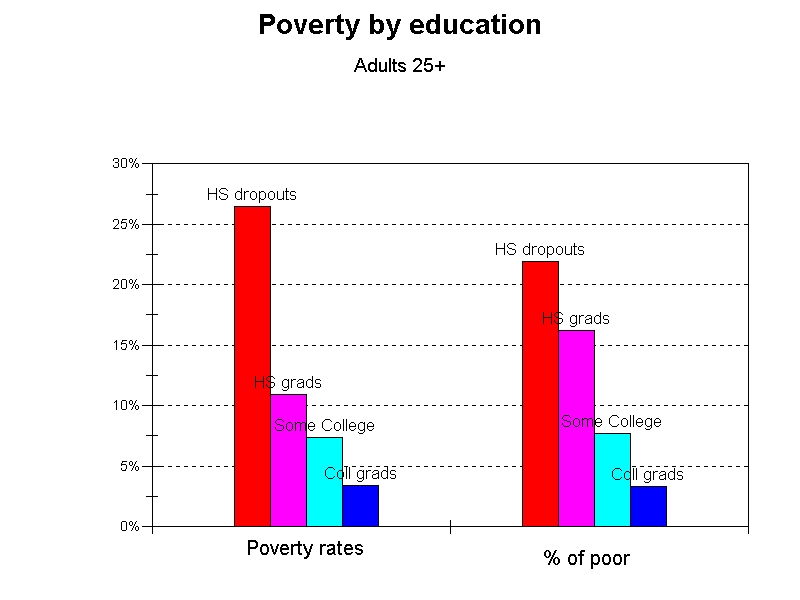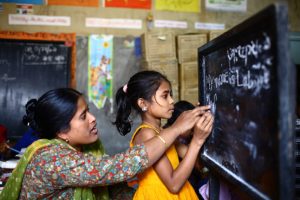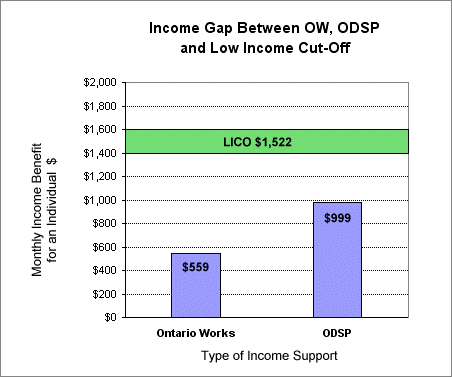Poverty and education are two issues that are closely intertwined. Education is often seen as a way out of poverty, as it can provide individuals with the skills and knowledge they need to secure better paying jobs and improve their socioeconomic status. At the same time, poverty can have a negative impact on education, as it can limit access to educational resources and opportunities.
One of the ways in which poverty can impact education is through its effect on school attendance. Children living in poverty may be more likely to miss school due to a variety of factors, such as a lack of transportation, a need to work or care for siblings, or a lack of access to clean clothing and proper hygiene facilities. This can make it more difficult for these children to keep up with their studies and achieve academic success.
In addition to the direct impact on school attendance, poverty can also affect education through its impact on the quality of education that children receive. Schools in low-income neighborhoods may have fewer resources and less funding, which can lead to overcrowded classrooms, outdated materials, and a lack of extracurricular activities. These factors can make it harder for children to learn and succeed academically, and can also contribute to a lack of motivation and engagement in school.
The relationship between poverty and education can also work in the other direction, with education serving as a way out of poverty. Education can provide individuals with the skills and knowledge they need to secure better paying jobs and improve their socioeconomic status. This is especially true for higher levels of education, such as a college degree, which can provide access to a wider range of job opportunities and higher salaries.
There are several ways in which governments and organizations can work to address the relationship between poverty and education. One approach is to provide targeted support to low-income students, such as providing free or reduced-cost lunch programs, providing transportation to school, and offering after-school programs and tutoring. These initiatives can help to level the playing field and ensure that all students have access to the resources they need to succeed.
Another approach is to address the root causes of poverty, such as inadequate access to healthcare, affordable housing, and stable employment. By addressing these underlying issues, it may be possible to reduce the number of individuals living in poverty and improve their access to education.
Overall, the relationship between poverty and education is complex and multifaceted. While education can be a way out of poverty, poverty can also have a negative impact on education. By addressing both of these issues, it may be possible to create a more equitable and prosperous society for all.






